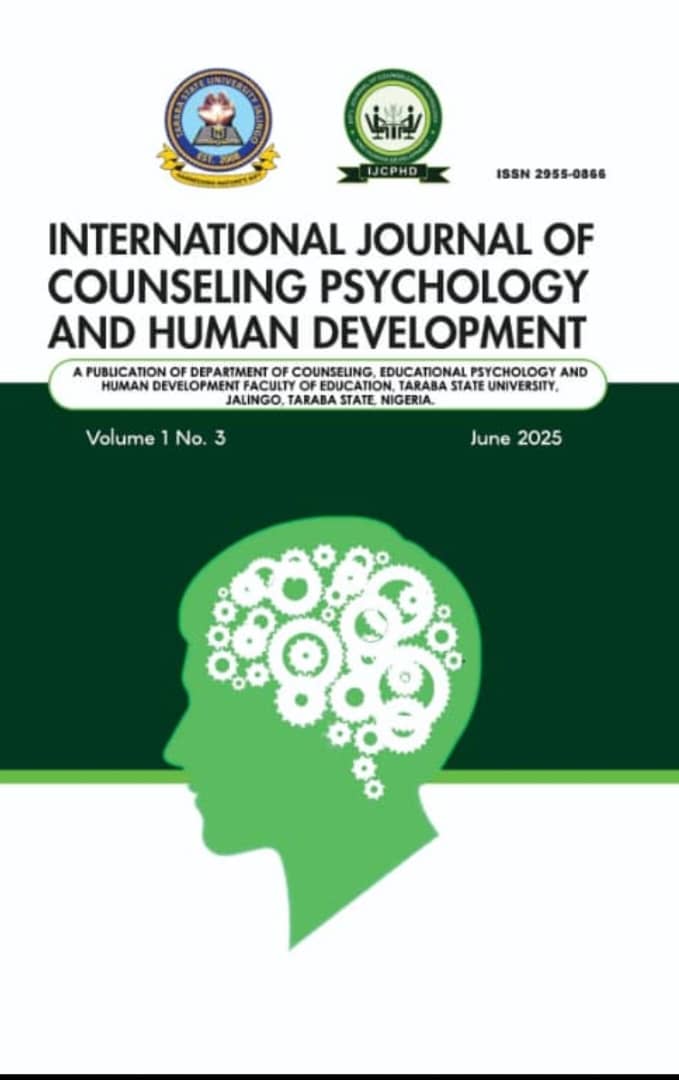COUNSELLING APPROACH TO POVERTY ALLEVIATION IN NIGERIA
Keywords:
Counselling, Poverty alleviationAbstract
This paper explores the crucial yet often overlooked role of counselling in poverty alleviation, particularly within the context of Nigeria. Poverty is a multifaceted issue that extends beyond mere financial deprivation, affecting millions of individuals through educational disparities, limited access to healthcare, social isolation, and psychological distress. While traditional poverty alleviation strategies have focused on economic interventions, this paper argues that addressing the psychological and emotional barriers to poverty is equally vital. Counselling offers a pathway to empowerment by enhancing self-efficacy, resilience, and social support networks, thereby enabling individuals and communities to break the cycle of poverty. This paper discusses various counselling strategies for poverty alleviation, including holistic needs assessment, skill development, and community-based interventions. It concludes with recommendations for integrating counselling services into existing poverty reduction programs, advocating for increased investment in mental health services, and promoting culturally relevant counselling approaches. By incorporating counselling into a comprehensive approach to poverty alleviation, the paper suggests that more sustainable and holistic solutions to poverty can be achieved.


